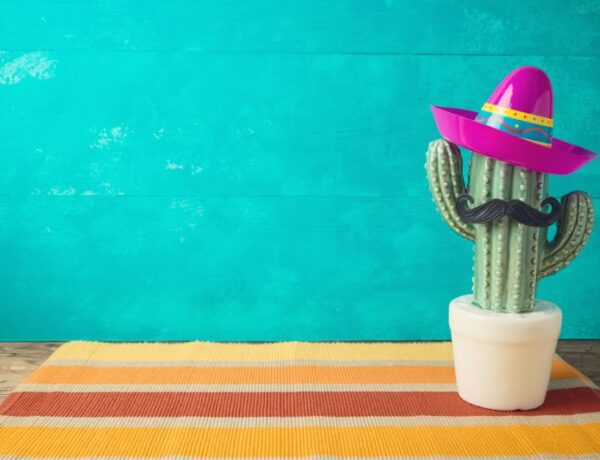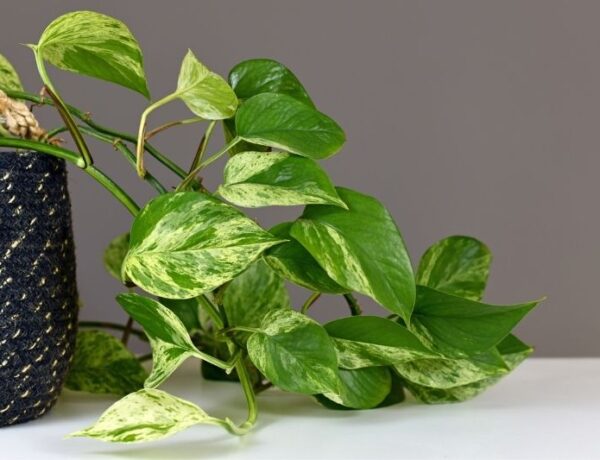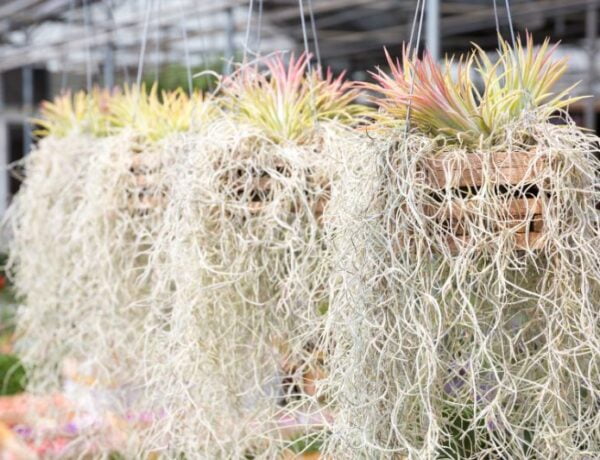Cats are naturally curious creatures and may nibble on plants, while some dogs also have a tendency to dig or chew on greenery. Whether it’s out of curiosity or boredom, it’s essential to ensure that your succulents are non-toxic to your pets.
Table of Contents
Toxic Succulents: A List for Cat and Dog Owners
Unfortunately, not all succulents are safe for pets. Here are some you might want to avoid:
- Aloe Vera: Although beneficial for humans, it contains compounds that are toxic to both cats and dogs.
- Euphorbias: This large genus includes Poinsettias and Crown of Thorns, both of which are toxic to pets.
- Kalanchoe: Contains compounds that can cause vomiting and diarrhea in pets.
- Jade Plant: Known to cause symptoms like vomiting and a slow heart rate.
Symptoms of Poisoning: If your pet ingests a toxic succulent, you may observe vomiting, diarrhea, drooling, or lethargy. Contact your veterinarian immediately for guidance.
Safe Succulents: A List for Cat and Dog Owners
Here’s some good news: there are succulents that are safe for your furry friends!
- Haworthia: These are small, decorative succulents that are safe for both cats and dogs.
- Christmas Cactus: Unlike other cacti, this one is non-toxic and safe for pets.
- Burro’s Tail: Also known as the donkey tail plant, it’s safe for cats and dogs.
- Echeveria: Known for their rosette shape and wide variety of colors, Echeveria are generally considered safe for pets.
How to Tell if Your Succulent is Toxic or Not
Determining the toxicity of a succulent can be challenging, especially if you’ve received a plant without its specific name or care instructions. However, there are reliable ways to find out whether your succulent poses a risk to your pets.
1. Check the ASPCA Website
The American Society for the Prevention of Cruelty to Animals (ASPCA) has an extensive list of toxic and non-toxic plants for both cats and dogs. You can search their database to find out if your particular succulent is safe or toxic for your pets. This is an excellent starting point and is a trusted resource used by pet owners and veterinarians alike.
2. Look for Scientific Names
Often the common name of a plant can be misleading or can refer to multiple different plants. Whenever possible, try to identify the scientific name of your succulent. This will make your search more accurate when consulting resources like the ASPCA database or scientific journals.
You can try and identify your succulent by using Pl@ntNet‘s mobile app or by uploading an image of your plant on their website.
3. Consult a Local Nursery
If you’re still unsure about the toxicity of a plant, local experts can often provide more information. They may be able to identify the plant species and advise you on its safety for pets.
4. When in Doubt, Keep it Out of Reach
If you can’t determine the toxicity of a succulent, the safest course of action is to keep it out of reach of your pets. Better safe than sorry.
Remember, even with non-toxic plants, ingestion can sometimes lead to mild digestive discomfort for your pets. Always consult a veterinarian for personalized advice tailored to your specific pet.
What to Do if Your Pet Ingests a Toxic Succulent
If you suspect that your pet has ingested a toxic plant, consult your veterinarian immediately. Quick and appropriate action is important for your pet’s well-being.
Preventative Measures
- Keep toxic plants out of reach.
- Label plants with their names so you can quickly identify them in case of emergency.
- Train your pets to avoid plants, although this can be challenging.
FAQ
No, not all succulents are poisonous to pets, but it’s essential to know which are safe and which are not.
Symptoms like vomiting, diarrhea, and lethargy are common signs of poisoning.
Yes, plants like spider plants, African violets, and bamboo palms are generally safe for pets.
Conclusion
Succulents can make a lovely addition to your home, but it’s important to be informed about which types are safe for your pets. Always consult with a veterinarian for personalized advice, and take immediate action if you suspect poisoning.





No Comments